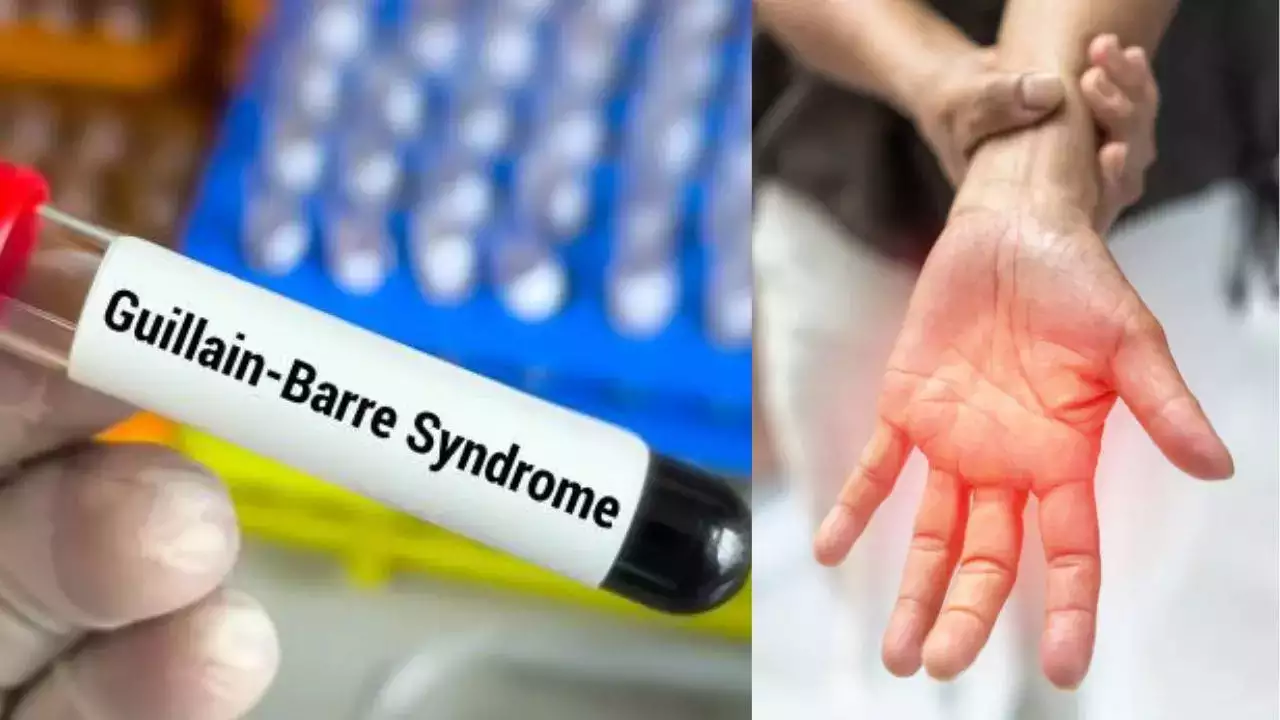Ashima Sharda Mahindra • 30 Jan 2025
Avoid Eating Out: AIIMS Neurologist Identifies Foods That Are Triggering Pune's Guillain-Barre Syndrome

Dr. Priyanka recommended including vitamin C-rich foods in the diet to boost immunity
A neurologist from All India Institute of Medical Sciences has identified gastroenteritis as one of the key triggers for Guillain-Barre syndrome, or GBS and has warned people about the risks associated with contaminated food and water. According to Dr. Priyanka Sehrawat, apart from being mindful of your diet, you must eat certain foods like paneer, cheese, and rice outside that could contribute to this rare but treatable condition.
“Avoid eating out. Avoid contaminated food and water. Take care of your immunity too," Dr. Sehrawat advised on Instagram, adding that eat fruits and vegetables only after washing properly, as they are particularly susceptible to bacterial growth if not stored or handled properly.
Additionally, she recommended including vitamin C-rich foods in the diet to boost immunity.
Pune has recorded over 100 cases of GBS, with one suspected fatality reported in Solapur in the last few days. According to health authorities, at least 17 patients are on ventilators, while seven have been discharged.
What is Guillain-Barre syndrome?
GBS is a rare autoimmune condition in which your immune system attacks your peripheral nerves, leading to symptoms like numbness, tingling, and muscle weakness that progresses to paralysis or even death. The condition happens when your immune system responds abnormally and attacks your peripheral nerves.
According to doctors, even though GBS occurs at any age, most commonly it affects people between 30-50 years of age.
Guillain-Barré syndrome affects your peripheral nerves, which control muscle movement, pain signals, and temperature and touch sensations.
Signs and symptoms of GBS
The first symptoms of Guillain-Barré syndrome include:
- Muscle weakness
- Tingling sensations, especially in your feet and legs
- Deep muscular pain in your back and/or legs
- Paralysis of your legs, arms, and facial muscles
- Chest muscle weakness, which makes it difficult to breathe
- Difficulty speaking and swallowing
- Difficulty moving your eyes and vision issues
What causes GBS?
Being a post-infection and immunity-mediated neuropathy, Guillain-Barré syndrome is caused by:
- Abnormal immune system response, which happens when you get sick and your immunity becomes low, attacking and damaging your peripheral nerves, leading to the condition.
- Neuropathy is an umbrella term for conditions that damage your nerves.
- Many people have diarrhoea weeks before developing GBS symptoms due to the bacteria Campylobacter jejuni, which triggers digestive issues
- Some people with GBS also have had the flu
- In very rare cases, people have developed GBS in the days or weeks after getting certain vaccines
- Very rarely, GBS can develop after any surgery.
Complications related to GBS
Doctors say GBS affects your autoimmune nerves and can cause life-threatening complications. Your autonomic nervous system controls the automatic functions of your body that you need to survive, like your heart rate and blood pressure and when there are issues with them, it causes dysautonomia. Complications due to GBS-related dysautonomia include:
- Cardiac arrhythmias
- Fluctuating blood pressure
- Severe digestion issues
- Urinary retention and other bladder control issues
Get Latest News Live on Times Now along with Breaking News and Top Headlines from Health and around the world.